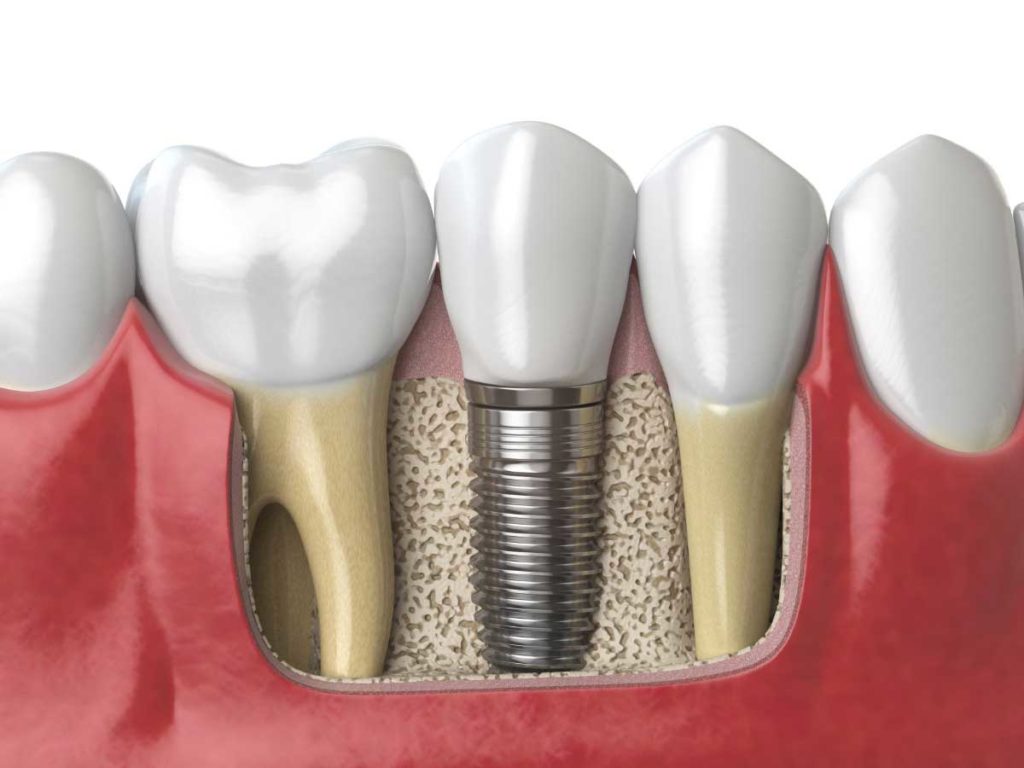
How Much Do Dental Implants Cost?
Dental implants are a highly effective treatment solution for patients who have missing or damaged teeth. This treatment requires the services of an experienced dentist with a high level of skill. The cost of treatment can vary widely depending on the number of teeth missing, the condition of the bone and gums and your aesthetic goals.
Paying For Your Dental Implant Treatment
The Cost of Doing Nothing
Delaying dental implants because of the cost can mean more expensive treatment down the road and decreased quality of life. The longer you put off dental implant treatment, the more likely you are to need additional procedures that can increase total cost, such as:
Bone grafting
Sinus surgery
Additional dental implants
Periodontal disease
What Is Invisalign?
Instead of relying on metal brackets and wires to move teeth, Invisalign uses clear plastic aligners custom designed for each patient’s individual treatment plan. The aligners are designed to fit snugly over your teeth so they don’t interfere with your normal activities or your speech. Because they are clear, they are hardly noticeable and provide the utmost discretion during treatment.







